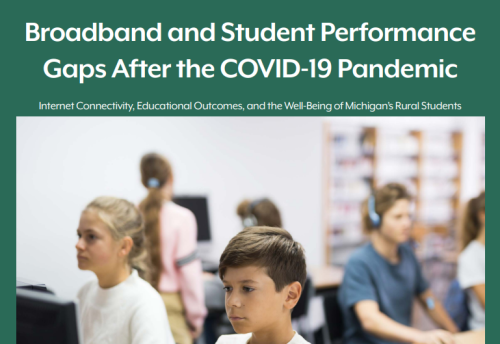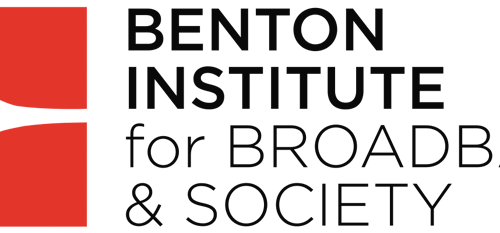Facing the nation’s largest-ever municipal bankruptcy, the city of Detroit is emerging as a test bed for initiatives aimed at reversing the city’s longstanding decline. These efforts are coming from a range of sources, including federal, state and local governments, major corporations, startups and startup incubators, social entrepreneurs, philanthropists, non-profits and citizen-driven community groups. While the depth and dimensions of Detroit’s challenges may be historically unique, so too are the opportunities for revitalization-focused communication, computation and collaboration afforded by today’s information and communication technologies (ICT).
The unprecedented nature of both the crisis and the potential power of ICT-enabled responses to it raise a set of questions with significance not only to Detroit’s citizens and businesses, but also to cities facing similar challenges in the U.S. and the world.
– To what extent and in what specific ways are ICTs being used to support revitalization efforts in Detroit?
– How is such usage impacting the success of such efforts, and which of these impacts were intended and which were not?
– Does ICT usage and impacts vary by type of organization and/or by the specific goals and sectors they target for revitalization?
– What combinations of organization- and project-type seem best suited to leverage the power of ICT to achieve revitalization goals?
– How important are leadership and organizational structure and processes in determining how successful an organization and project will be in using ICT to help achieve its revitalization goals?
– In what ways does the use of ICT impact the structure, function and effectiveness of revitalization-focused organizations and projects, and to what extent does this impact vary by type of organization, project and project goals?
– To what extent are obstacles to ICT usage (e.g., lack of connectivity, affordability, digital literacy) a constraint on the success of revitalization projects? And are these constraints particularly problematic for particular types of organizations, projects and goals?
Our exploratory research is initially focused on the role of collaborative networks in the revitalisation of Detroit. This focused project will enable us to refine our understanding of the range of ICT initiatives involved in supporting effective revitalization efforts in Detroit and to develop a richer theoretical understanding of the potential for collaboration network organisations, among other types of initiatives, to develop and sustain healthy economic, social and political systems.
This project is being developed by Mitch Shapiro, Alison Keesey and Bill Dutton in its early phases.




